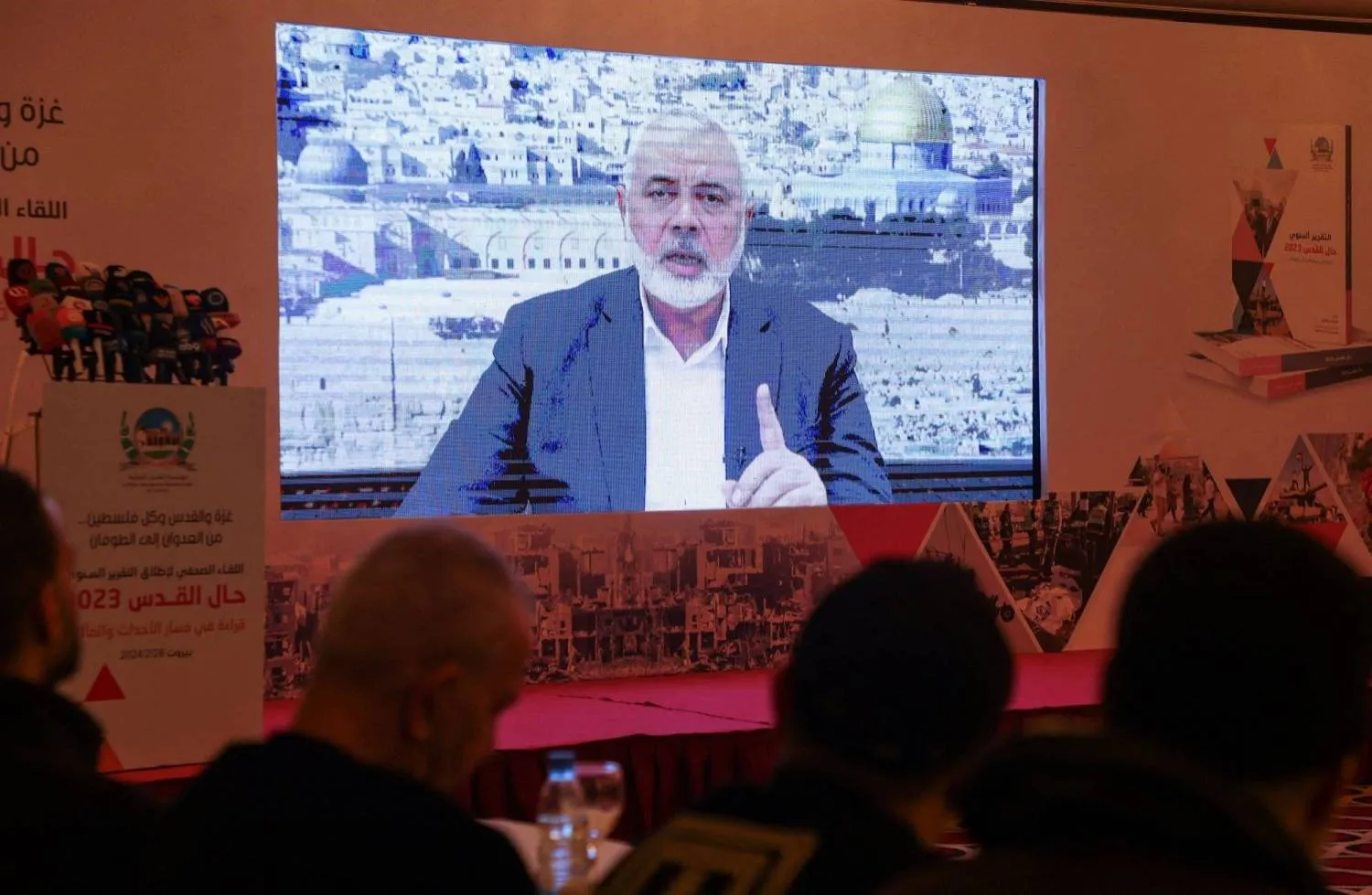Hamas chief Ismail Haniyeh said on Wednesday the group was showing flexibility in negotiations with Israel over the Gaza war but at the same time was ready to continue fighting.
In a televised speech, Haniyeh also called on Palestinians in Jerusalem and the West Bank to march to Al-Aqsa Mosque to pray on the first day of Ramadan on March 10, raising the stakes in the indirect talks for a truce deal to have come into force by then.
Israel said on Monday it would allow Ramadan prayers at Jerusalem's Al-Aqsa Mosque during the upcoming holy month but set limits according to security needs, setting the stage for possible clashes if crowds of Palestinians turn up.
US President Joe Biden said on Monday he hoped that a ceasefire in Gaza would be agreed by next Monday, March 4, following negotiations in Qatar also aimed at freeing hostages.
Haniyeh also called on the self-styled Axis of Resistance - allies of Iran consisting of Lebanon's Hezbollah, Yemen's Houthis, and the “Islamic Resistance in Iraq” - to step up their support for the Palestinians in Gaza.
Israel says its blockade on Gaza is essential to destroy Hamas, which it sees as an existential threat since the militants' Oct. 7 attacks on Israel, but that it is allowing in aid, trading blame with aid agencies for shortfalls they say have led to acute hunger.









